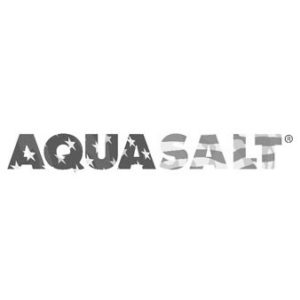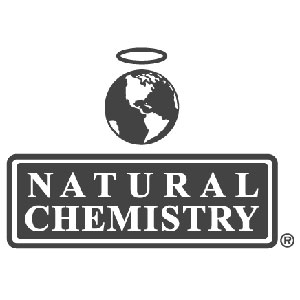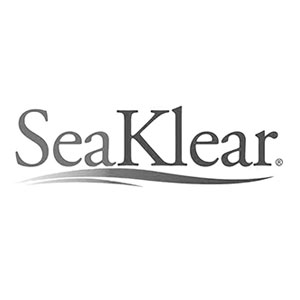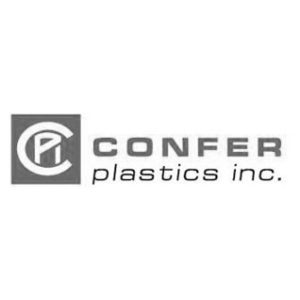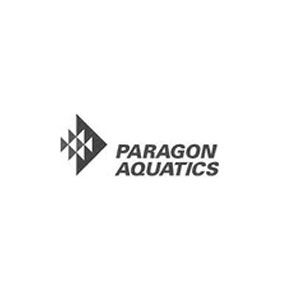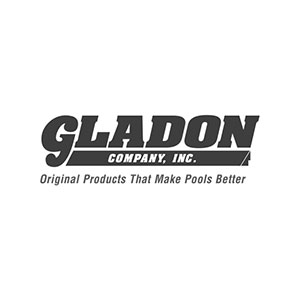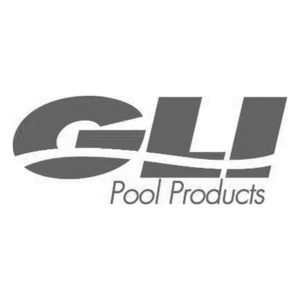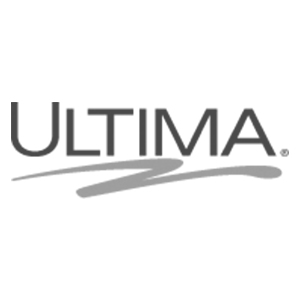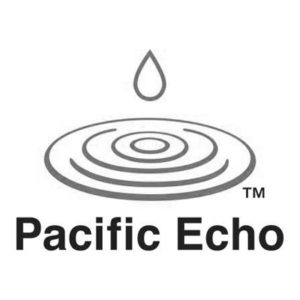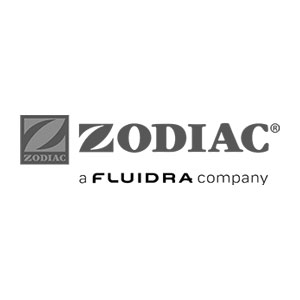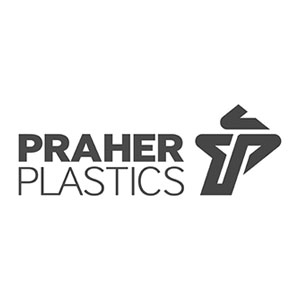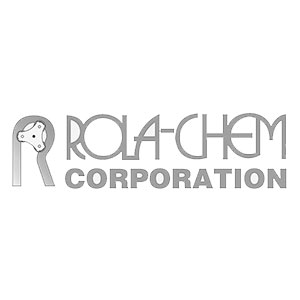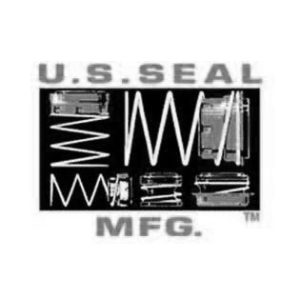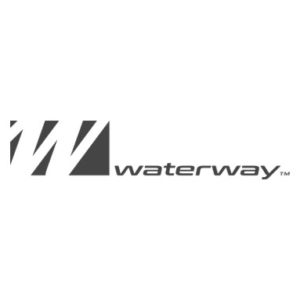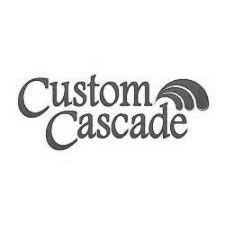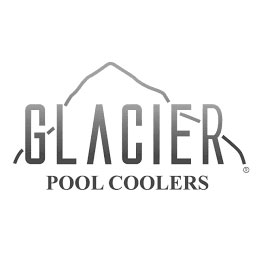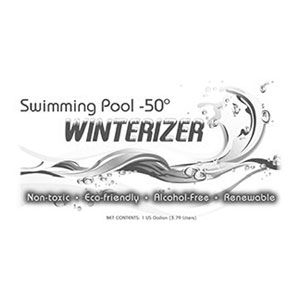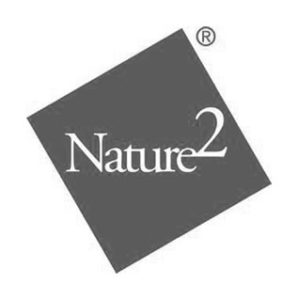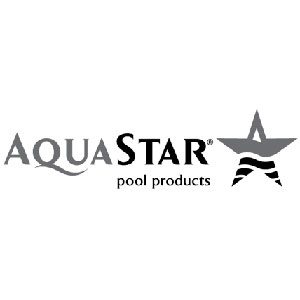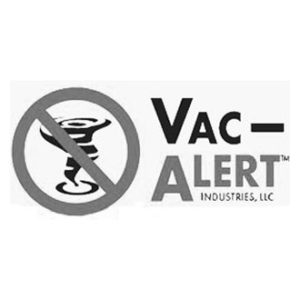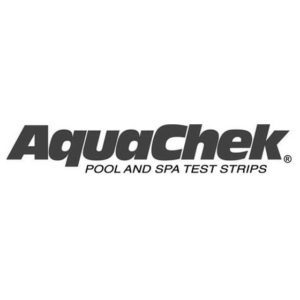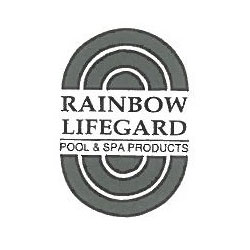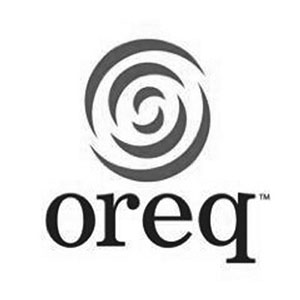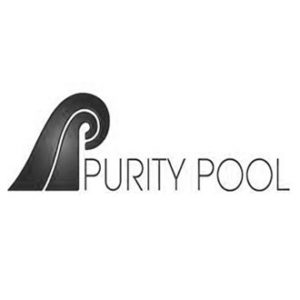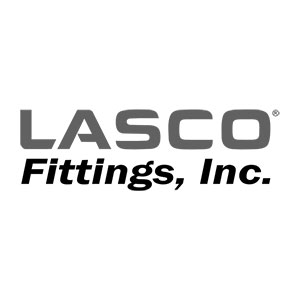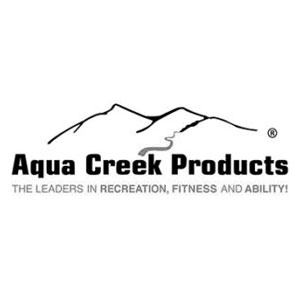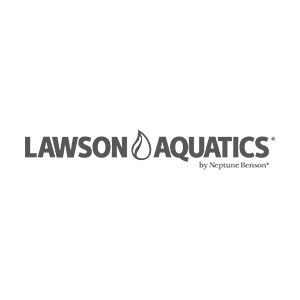
CDC Recommendations for Maintaining Sanitation in Public and Commercial Pools
The latest research and accepted knowledge indicate COVID-19 is spread by respiratory droplets that cause infection when inhaled. Proximity to and time around an infected person increases the chances of transmission. Becoming infected from touching contaminated surfaces isn’t the most common form of transmission, but is possible if a person then touches his/her mouth, nose or eyes. Great strides have been made to curtail cases thanks to the public taking precautions and getting vaccinated.
No public or commercial pool facility wants to become a “super spreader” especially with the number of cases falling in many areas. The U.S. Centers for Disease Control and has stated that “there is no evidence that the virus that causes COVID-19 can be spread to people through the water in pools, hot tubs, spas, water playgrounds or other treated aquatic venues.”
All that is positive news, as pool facilities are already opening or planning to, unlike some in 2020. As summer pool season quickly approaches, your public and commercial pool customers are counting on you to know and follow the CDC recommendations to prevent the spread of COVID-19 among swimmers and guests. They may also be counting on your guidance on safety practices, such as social distancing, sanitizing surfaces and wearing face masks.
Here’s the latest information on recommended steps to control the spread of the COVID-19 virus by maintaining proper pool water sanitation. This table summarizes some of the acceptable concentration and calculated limits:
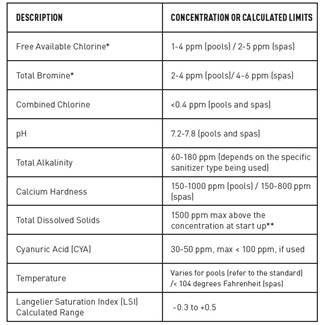
Social Distancing Among Swimmers
Proper operation and maintenance of pools should inactivate the virus in the water. Based on the available data, the CDC has determined that halogen-based sanitizers, such as chlorine and bromine, are the most effective sanitizers to use in pools.
However, properly sanitized pool water will only protect the swimmers to the extent that the virus will not survive in the water, so swimmers and guests should still social distance by 6 feet to avoid inhaling others’ respiratory droplets. Local guidelines determine at what capacity public and commercial pools can operate.
Personal Hygiene Practices for Staff and Swimmers
Everyone should follow the same hygiene practices, including handwashing and covering coughs and sneezes at the pool as they do elsewhere. Pool management can support hygienic practices by stocking plenty of hand soap, hand sanitizer and sanitizing wipes for employee and guest use.
Our Staff is Here to Help
With more of your public and commercial pool customers in the midst of or anticipating a big summer season, you’re probably being asked a lot more questions about protecting swimmers and guests. Please ask our staff for their expert advice and recommendations whenever you need advice. We’ll give you the knowledge you need to be your customers’ safety expert.
References*
Guidance for Public Pools, Hot Tubs, and Water Playgrounds During COVID-19, U.S. Centers for Disease Control and Prevention website, 2021. Available at: https://www.cdc.gov/coronavirus/2019-ncov/community/parks-rec/ aquatic-venues.html
“Operating Guidelines for a Successful Public Pool and Spa Re-Opening During the COVID-19 Pandemic” by PHTA Recreational Water Quality Committee, AQUA, March 2021. Available at: https://www.phta.org/standards- and-codes/fact-sheets/tech-notes/
ANSI/APSP/ICC-11 2019 American National Standard for Water Quality in Public Pools and Spas, PHTA, 2019.
U.S. Environmental Protection Agency (EPA) List N: Disinfectants for Coronavirus (COVID-19) (for use on surfaces). Available at: https://www.epa.gov/pesticide-registration/list-n-disinfectants-coronavirus-covid-19






